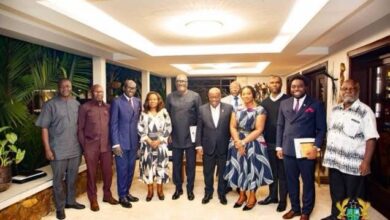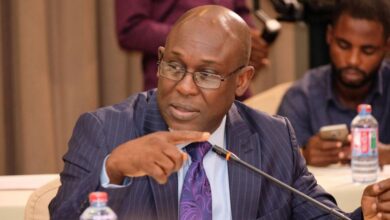News
Ghana Education Service releases school placements for 2023 BECE.
The Ghana Education service, the organization responsible for Education in Ghana be it basic or high school has released school placements for junior high school leavers who took the Basic Education Certificate Examination.
This was done recently after the results were released. A communique to this effect was released and prospective students were given directions on how to access their schools.
Placement checkers to this effect have been put on sale. The public are advised to purchase it in order to access the schools they have been placed in as the new academic year approaches for Senior High Schools.





